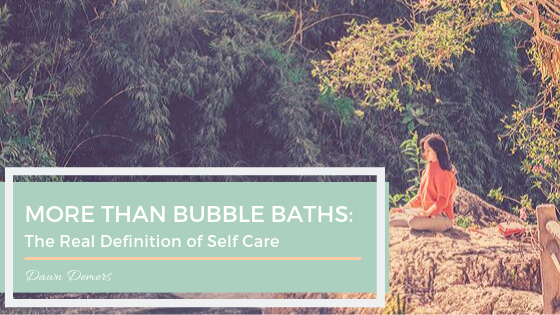Social media has introduced millions to the concept of “self-care” and quickly managed to commercialize it. From luxury gold-infused face masks to bath bombs and gourmet teas, the self-care industry is worth over $10 billion, but how much good is it really doing? Self-care is definitely important when done right, but what should it truly look like? Surely it can’t be all beauty products and bubble baths, right?
The Real Meaning of Self-Care
While spa treatments and stress-relieving possessions are great ways to unwind, they do not inherently hold any value. A person can alleviate stress temporarily by soaking in a hot spring or getting a massage, but real self-care requires work and dedication. Self-care is committing to oneself as much as a significant other.
Genuine self-care means resolving inner conflict diligently and respectfully, practicing positive self-talk and being more aware of one’s thoughts, feelings and actions and how they contribute to overall well-being.
While everyone has their own self-care habits, general self-care can be narrowed down to essential habits that are proven to improve everyone’s quality of life. This includes:
- Getting at least eight hours of sleep each night and following a consistent sleep schedule.
- Exercising regularly and maintaining a healthy diet.
- Avoiding mood-altering substances and other unhealthy coping mechanisms.
- Setting and establishing boundaries in relationships.
- Having a work-life balance and practicing stress management techniques to prevent burnout.
Self-Care Can Be a Challenge
At times, practicing self-care means being assertive with oneself. There are many times when people must resist the urge to do something unhealthy or unproductive in order to benefit themselves in the long run. Managing depression, overcoming anxiety and maintaining healthy social relationships can often require going against one’s impulses, which in and of itself is an act of self-care.
Although self-care habits should be primarily positive, it’s important to acknowledge that self-care is also protective. Saying no, discontinuing unhealthy habits and ending negative relationships can all be discomforting but necessary acts of self-care.
Working with a life coach or therapist to gain greater clarity and self-awareness can help make self-care feel like less of a chore. Many people struggle to learn how to take care of themselves given the shift from autopilot adulthood to authentic self-compassion. The first act of self-care a person can commit is making the decision to start acting more consciously and compassionately in their favor.
Originally published on DawnDemers.net.


